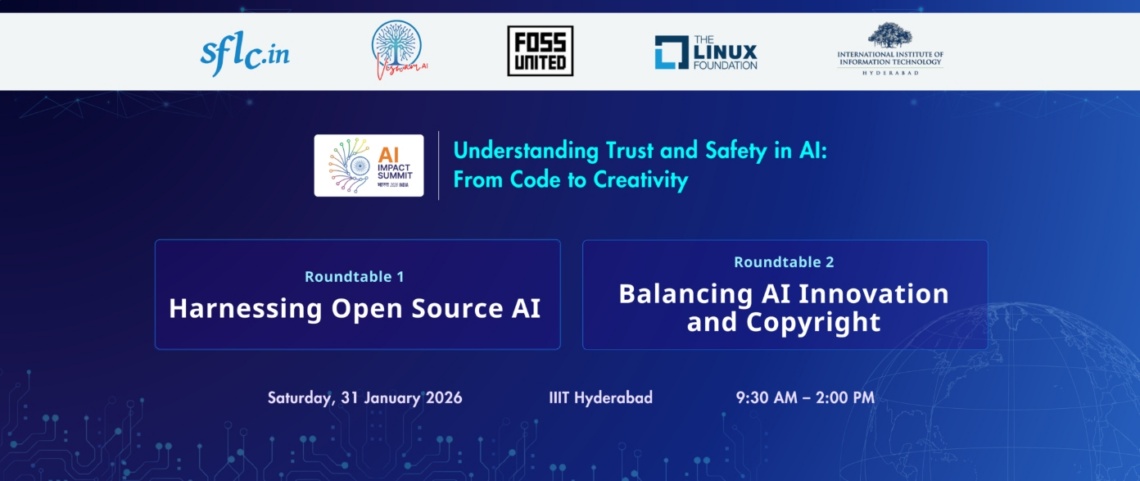On day 37 of the final Aadhaar hearing, Senior Advocate Shyam Divan resumed his submissions for the petitioners by stating that banks and telecom operators were linking individuals’ Aadhaar with their bank accounts and mobile numbers without their permission. This is called inorganic seeding. He asserted that UIDAI collected biometrics of a hundred crore people which is the entire population of Europe and North America without any statutory backing.
Mr. Divan contended that from the citizens’ perspective, there is an authentication tower and enrolment tower and IP addresses, date, time and purpose of authentication can be known because of the architecture of Aadhaar. He, then highlighted that the source of Aadhaar software belongs to foreign companies. Mr. Divan remarked that it is impossible to live in contemporary India without Aadhaar and also stated that Aadhaar linking is not a one time thing as claimed by the respondents. It is a continuous process.
Mr. Divan produced a hypothetical log of an individual’s authentication activities to show how much data about her is generated over three days. He then showed a long list of agencies that are using authentication services on UIDAI’s website. Mr. Divan was of the opinion that the ID4D report relied on by the Attorney General is not impartial.
Mr. Divan contended that collecting biometrics was ultra vires the 2009 notification and even assuming that the notification was an Act of Parliament, it would have been ultra vires for collecting something as intrusive as biometrics. Further, there was no informed consent and penalties when biometrics before the Act was passed.
Mr. Divan argued that UIDAI has been flouting the interim orders of the Supreme Court that held that Aadhaar cannot be made mandatory. He further emphasized that schemes under Section 7 of the Aadhaar Act should not involve children and education. Schemes for rehabilitation of bonded labourers and women rescued from trafficking that involve stigma should also be excluded, he stated. Schemes related to food and nutrition and matters related to health should not be covered by Section, contended Mr. Divan and further remarked that there cannot be retrogression of human rights.
Mr. Divan explained that Sarva Shiksha Abhiyan and mid-day meal schemes require children to furnish Aadhaar to avail benefits of these schemes. He commented that there should be no conditions placed on children to avail any benefits as this is way beyond any reasonable limit of proportionality. Mr. Divan gave the example of tuberculosis patients requiring to disclose their Aadhaar number.
Mr. Divan urged the bench to not look into Section 7 by itself but consider the over all impact of the Act and stated that Aadhaar is an over extension of the coercive powers of the State. He reiterated that non retrogression of rights is an important principle of human rights law. Mr. Divan argued that the Constitution of India has an intricate scheme to defend Part III with the final defence lying with the Supreme Court. But before the matter even reaches the Supreme Court, there are other bulwarks to protect Part III: wisdom of the Rajya Sabha and Article 111 of the Constitution. Mr. Divan stated that the Government cannot bypass the wisdom of the Rajya Sabha and Article 111 to pass Aadhaar as a money bill.
On the point of protection of demographic information. Mr. Divan said that demographic information is important in many situations and should not be trivialised. People must have the choice to preserve and protect it.
Concluding his submissions, Mr. Divan said that Aadhaar will not survive the first five words of the Preamble, “We, the people of India.”
Next, Mr. Gopal Subramanium began his submissions for the petitioners and stated that State functionaries have a continuing constitutional obligation. If the obligation is not met, it cannot be reversed and the burden of proof cannot be on individuals to establish their identity. He asserted that Section 33 will allow sharing of authentication records and footprints of one’s activities will be known by the State. “Is there any nexus between such knowledge of the State and delivery of services?”, he asked.
Mr. Subramanium argued that an individual can ping the authentication machine three times and get rejected and then get accepted on the fourth ping. He asserted that the State cannot subject citizens to this. He submitted that the State has not been able to demonstrate any compelling interest as Aadhaar is not just for the oppressed as claimed by them. Everyone is now supposed to link it with their banks and telecoms. He highlighted that the legislation is not an enabler or a tool for empowerment. Therefore, it falls on all grounds i.e Articles 14, 19 and 21 of the Constitution. Mr. Subramanium further submitted that data of citizens cannot be used for political exercise and Aadhaar’s preponderant nature is” likely to invade. It alters the symbiotic relationship between State and citizen.
Ending his submissions, Mr. Subramanium argued that Aadhaar should be completely struck down as it steps out of the boundaries of the Constitution. He stated that there has to be a positive law if the State wants to abridge a fundamental right. Aadhaar was implemented without a law and the State cannot then retrospectively enact a law.



